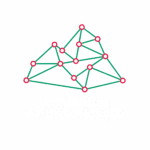Identification & Background
Project designation: HARVEST: Valuing the fAmiliar garden in order to educate for a healthy Mediterranean diet.
Project code: PRR-C05-i03-I-000157
Objective: With the aim of promoting the Mediterranean Diet in our country, ensuring a sustainable diet, the main strategy of this proposal is to value and differentiate products from family gardens, both in rural and urban areas. To this end, this project will develop agro-ecological activities in several regions of the country, in family gardens, but also in urban and peri-urban gardens in Lisbon, Viseu and Bragança, in order to promote the use of sustainable practices in family farming along the entire value chain, that is, from production to the final consumer.
Intervention Region: Portugal
Beneficiary entities:
Laboratório Colaborativo Montanhas de Investigação – Associação (project leader)
– Direção Regional de Agricultura e Pescas do Norte (DRAPN)
– Instituto Politécnico de Bragança (IPB)
– Instituto Superior de Agronomia (ISA)
– Instituto Politécnico de Viseu (IPV)
– Direção Regional de Agricultura e Pescas do Centro (DRAPC)
– Associação de Desenvolvimento dos Concelhos da Raia Nordestina (CoraNe)
– Centro Operativo Tecnológico Hortofrutícola Nacional (COTHN)
– Associação Portuguesa de Agricultura Biológica (Agrobio)
– Deifil Technology, Lda (Deifil)
– Living Seeds Sementes Vivas, SA (Sementes Vivas)
– Delícias do Juncal, Lda (Delícias)
– Mata Verde Estudos e Projectos Lda (Mata Verde)
– ECOSEIVA – Agricultura Biológica Lda (ECOSEIVA)
Approval Date: 01/17/2023
Start date: 17/01/2023
Completion Date: 31 /12 /2025
Total Eligible Investment: 775 472,16 €
European Union financial support: Investment RE-C05-i03 – Research and innovation agenda for the sustainability of agriculture, food and agro-industry; N.o 12/C05-i03/2021 – R&D+I projects – Research and Innovation Projects – Sustainable Food
Agenda “Future Earth”:
BIOLOGICAL GARDEN: More than 50% of the agricultural area in sustainable production:
INCLUSIVE GARDEN: Install 80% of new young farmers in low-density territories:
HORTA SOCIAL: Increase by 20% the level of adherence to DM.




